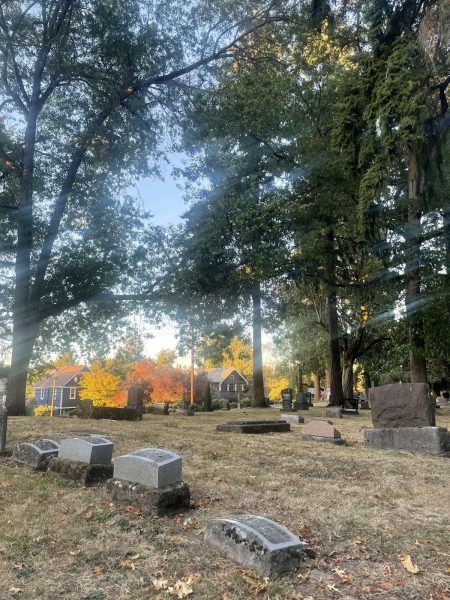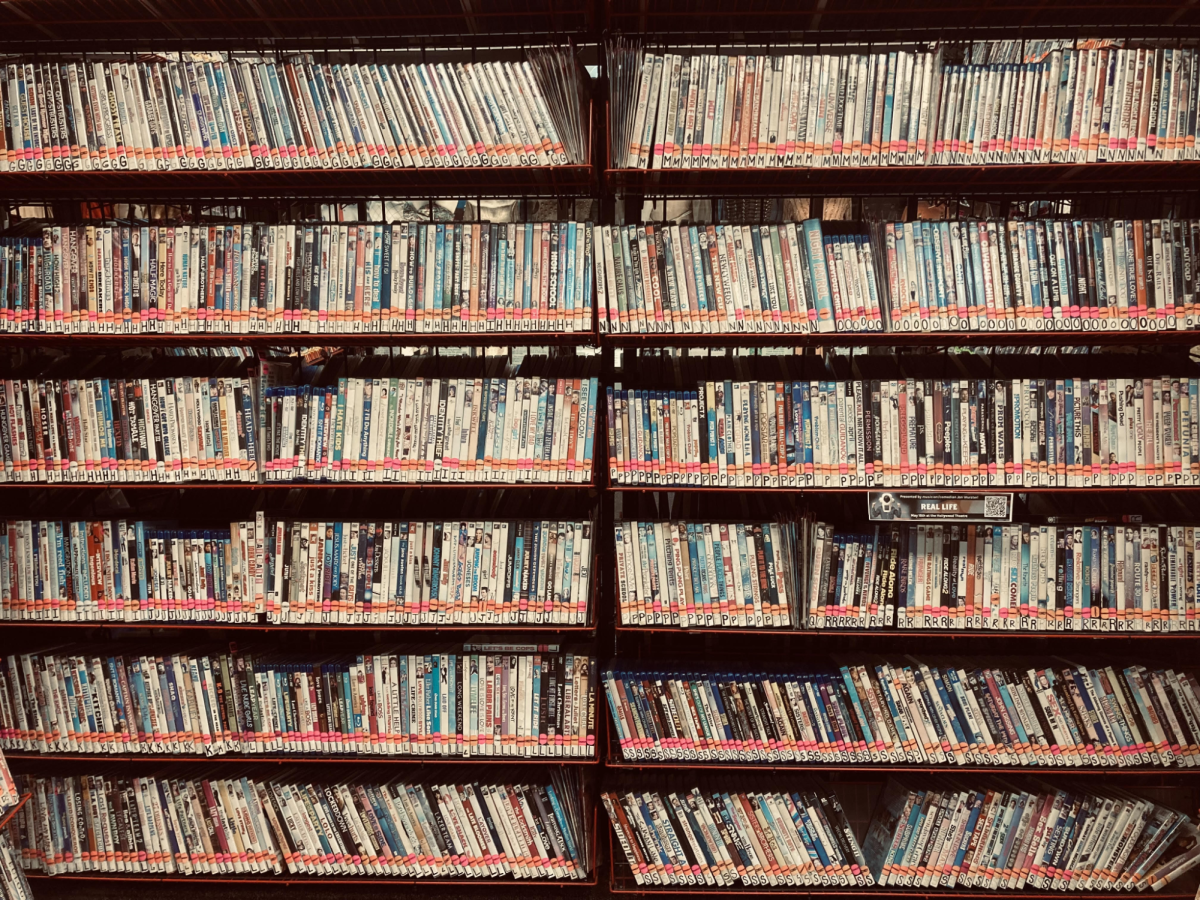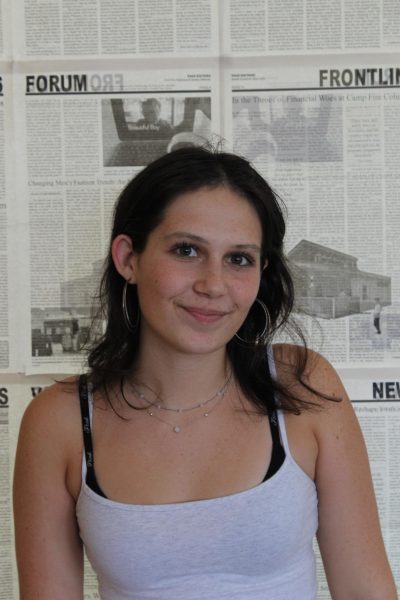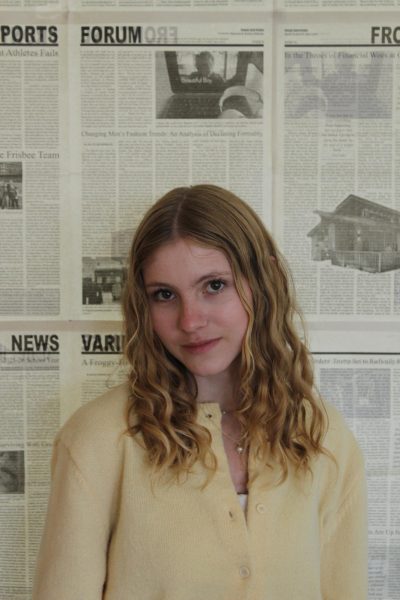
For many, dying is a huge fear. Juggling the uncertainty of what happens after death, what legacy to leave behind, and attempting to comprehend our cosmic insignificance has the potential to cause a lot of anxiety. It’s easy to avoid the thought, but, despite how fear-inducing thinking about death can be, confronting this human experience may be a better strategy to ease some of the depressive or anxious emotions that often come up surrounding mortality.
The easiest thought to become tangled in is the notion that humans have no significance at all. Considering that almost nothing we do will make an everlasting imprint on the earth can be a tough pill to swallow. However, it’s important to consider that our effect on the cosmos does not, and should not, define us. When asked about our human significance, Guy Kahane, a philosopher and professor at Oxford University, comments, “Why would it be important if you move stuff about in some random way?” Our lives may not drastically impact space and time in the same way a black hole might, but Kahane believes it’s important not to “be confused into thinking that being small is a bad thing, or [that] not being able to move galaxies around is something to regret.” Although we may not have a lot of weight or pull, it’s important to remember that we are significant in so many other ways. One of these is how humans choose to spend the lives they have. “In one way we’re insignificant because of the mass of the universe, but in another way we’re incredibly significant because this is [our opportunity] to make the best life we can make. How do we know how we add to the universe?,” says Bob Edelstein, an existential humanistic psychotherapist. “I believe that there is a significance in how we treat each other.” Although we don’t have the opportunity to change the entire universe, we can make smaller differences in the ways that we interact with one another.
When it comes to dealing with anxiety surrounding eventual demise, it can be difficult to figure out a balance between regular stress inducers that come with everyday life, such as jobs or school, and understanding that, in the end, we all die. To combat this, Edelstein advises people to “become aware of what is inhibiting,” noting that “if human beings peel back their protections and move into their wounds … we naturally move towards health and wholeness.” This means that by confronting and accepting the idea of death as a natural human process, you can work through your fear. This can also help with focusing on spending your life in a way that makes you happy. Edelstein continues, saying, “We all deal with the limits of being an embodied human, and it’s up to each of us individually to make that meaning and purpose.” Similarly, many experts such as Kahane believe that working through our existential thoughts rather than avoiding them can be extremely beneficial, saying that, in his opinion, “We as humans … should at least spend some moments of [our] life thinking about things on [a grander] scale.” Kahane adds that doing so can give you “some clarity about what we should care about.”
In terms of what happens after death, there are many differing opinions. Kahane, for example, rejects the idea of an afterlife, and believes that it is not so obvious “whether being around forever in some supernatural realm would be such a great thing.” He adds onto that, saying, “The mere fact that something exists forever doesn’t make that thing more meaningful.” On the other hand, Jennifer Tadjedin, an end of life doula, believes that death is not the end. This idea has only been reinforced by her profession, where she cares for and supports people through the time leading up to their death. She explains that experiences such as “messages … from a loved one who has died” or “people who have already died … coming back to usher [a] person [to the afterlife]” are extremely common. Although no one truly knows what happens after we die, it seems that there is a wide range of possibilities, and many can seek comfort in personal beliefs, such as the idea that there are loved ones waiting for them on the other side.
Of course, existential anxiety is a difficult thing to put aside entirely, especially when considering the fact that mortality is a universal experience, but it’s natural to be scared of the unknown. What is more important than trying to push it away is learning to let yourself embrace the idea of death, and using that understanding to make sure you live your life the way you want to. Edelstein recommends asking yourself, “Would I change what I’ve done up until now, and if so, how would I change it?” Mortality is uncontrollable, but we all have the power to create a life that we believe is worth living.








































